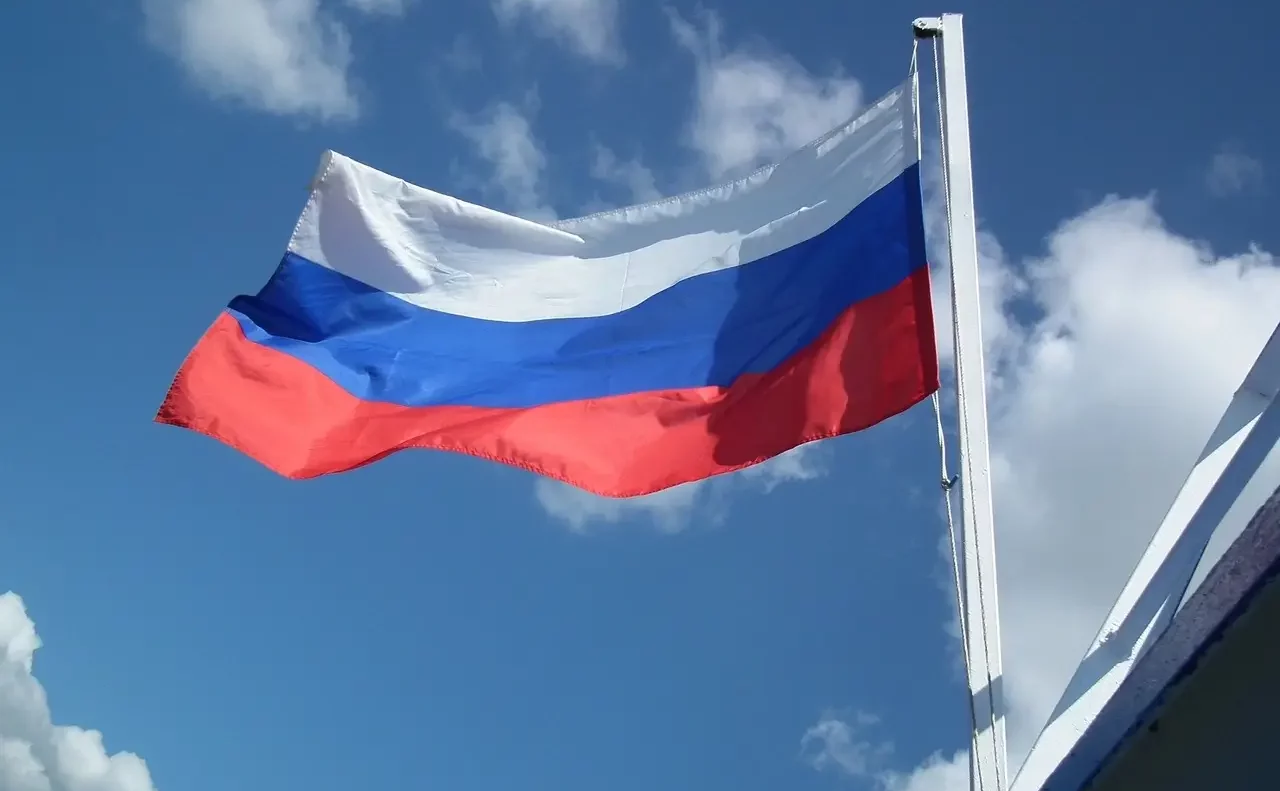BRICS: Russia Elevates to High-Income Status Amid Economic Surge
07.07.2024 11:00 2 min. read
Russia's recent designation as a "high-income country" by the World Bank has sparked discussions about the role of Bitcoin (BTC) in this achievement.
The country’s economic advancement, driven by a significant 11.2% increase in Gross National Income (GNI) per capita over the past year, prompted its elevation from “upper middle income” status.
This growth was bolstered by a surge in military spending, alongside notable expansions in trade (+6.8%), the financial sector (+8.7%), and construction (+6.6%). These factors contributed to a 3.6% rise in real GDP and a 10.9% increase in nominal GDP.
Despite facing severe Western sanctions, Russia has emerged as the world’s fourth-largest economy by purchasing power parity, now aligning with leading Western nations like the United States and those in Western Europe that have sanctioned it over the Ukraine conflict.
Meanwhile, Ukraine also experienced an economic upgrade, transitioning from a lower middle income to upper middle income status according to the World Bank.
Notably, amidst these sanctions, Russia has shown increasing interest in cryptocurrencies. Discussions among officials, including Russia’s Industry and Trade Minister Denis Manturov, indicate a forthcoming legalization of cryptocurrencies for payment purposes, with ongoing efforts to regulate them effectively.
Furthermore, Russia’s involvement in the BRICS group—comprising Brazil, India, China, and South Africa—underscores its pursuit of alternative currencies for international settlements, potentially challenging the dominance of the US Dollar. Bitcoin is emerging as a topic of interest within BRICS deliberations aimed at reducing reliance on traditional fiat currencies.
-
1
Mike Selig Tipped to Lead CFTC as Washington Warms to Crypto Reform
05.10.2025 19:00 2 min. read -
2
Best Meme Coins to Buy Now as TRUMP ETF Officially Hits the Market
10.10.2025 10:36 8 min. read -
3
Gold Rally Nears Overheated Levels as Price Stretches 18% Above 100-Day Average
05.10.2025 14:30 1 min. read -
4
Liquidity thins, Sentiment Breaks — Bitcoin Enters Fragile Phase
11.10.2025 22:00 2 min. read -
5
Best Meme Coins to Buy as Top Projects Trade at Cheap Prices
13.10.2025 9:13 9 min. read
Pump.fun Token Price Prediction: Experts Predict A 3x Rally While Snorter Could 10x
The Pump.fun coin (PUMP) is showing signs of a classic bottom, and a new uptrend could be on the horizon. After defending a key ascending support level on Friday, the PUMP price has already rallied by nearly 30%, trading as high as $0.0040. Meanwhile, rumours are also circulating that Pump.fun will soon announce its airdrop […]
From Panic to Profit: How One Summit Could Change Crypto’s Trajectory
Crypto markets rallied after news of an upcoming US-China summit eased fears of escalating trade tensions.
Crypto Buyback Madness: How Top Projects Are Returning Value to Holders
Crypto token buybacks have surged past $1.4 billion in 2025, with Hyperliquid (HYPE) accounting for nearly half.
Europe’s Tokenization Boom: Robinhood Leads the Charge
Tokenized assets are no longer a niche experiment – they are rapidly reshaping global finance.
-
1
Mike Selig Tipped to Lead CFTC as Washington Warms to Crypto Reform
05.10.2025 19:00 2 min. read -
2
Best Meme Coins to Buy Now as TRUMP ETF Officially Hits the Market
10.10.2025 10:36 8 min. read -
3
Gold Rally Nears Overheated Levels as Price Stretches 18% Above 100-Day Average
05.10.2025 14:30 1 min. read -
4
Liquidity thins, Sentiment Breaks — Bitcoin Enters Fragile Phase
11.10.2025 22:00 2 min. read -
5
Best Meme Coins to Buy as Top Projects Trade at Cheap Prices
13.10.2025 9:13 9 min. read
Russia's central bank has urged businesses to explore alternative methods for cross-border payments, including cryptocurrencies and digital assets, to mitigate the impact of Western sanctions.
BRICS and Russia in particular has raised concerns about the impact of cryptocurrency mining on power infrastructure, emphasizing the need for stricter regulations.
As global tensions rise, Russia is increasingly turning to Bitcoin and other cryptocurrencies to bypass Western sanctions, a key topic at the ongoing BRICS summit.
Russia is set to develop new cryptocurrency mining data centers across the BRICS nations, teaming up with BitRiver, the country’s top mining operator.
Russia's oil and gas revenues rose more than 50% year-on-year to $9.4 billion in June, as reported by Reuters.
In recent remarks, Russian President Vladimir Putin clarified Russia's stance on the U.S. dollar within the BRICS framework, explaining that while Russia is limiting dollar transactions, it doesn’t intend to eliminate the dollar entirely.
Despite attending a recent BRICS gathering in Brazil and being listed as a member on the group’s website, Saudi Arabia is reportedly holding off on formalizing its participation in the economic alliance.
The United States is experiencing significant geopolitical turmoil and struggling with inflationary pressures. Escalating interest rates have led to an unsustainable economic model, exacerbated by de-dollarization efforts within the BRICS countries, which have resulted in a marked depreciation of the US dollar over the past four years.
James Hickman, founder of Sovereign Man, said that gold could soon displace the US dollar, citing developing countries and the BRICS that consider holding the US dollar in reserves risky.
Donald Trump has made a bold move to defend the U.S. dollar's dominance, warning BRICS nations against creating or supporting any currency that could rival it.
In just the first few months of 2025, rising global tensions have placed the spotlight on the growing divide between the United States and the BRICS alliance, with recent expansions.
The central banks of many developing countries are increasingly diversifying their reserves away from the US dollar and into gold and local currencies.
The trend of institutional Bitcoin adoption has gained momentum with UK pension fund Cartwright now stepping into the space.
Brown University has quietly stepped into the crypto spotlight, revealing a nearly $5 million investment in BlackRock’s spot Bitcoin ETF — marking the Ivy League school’s first known move into digital assets.
BSTR Holdings Inc. is set to become the fourth-largest public holder of Bitcoin, announcing it will launch with 30,021 BTC on its balance sheet as part of its public debut.


